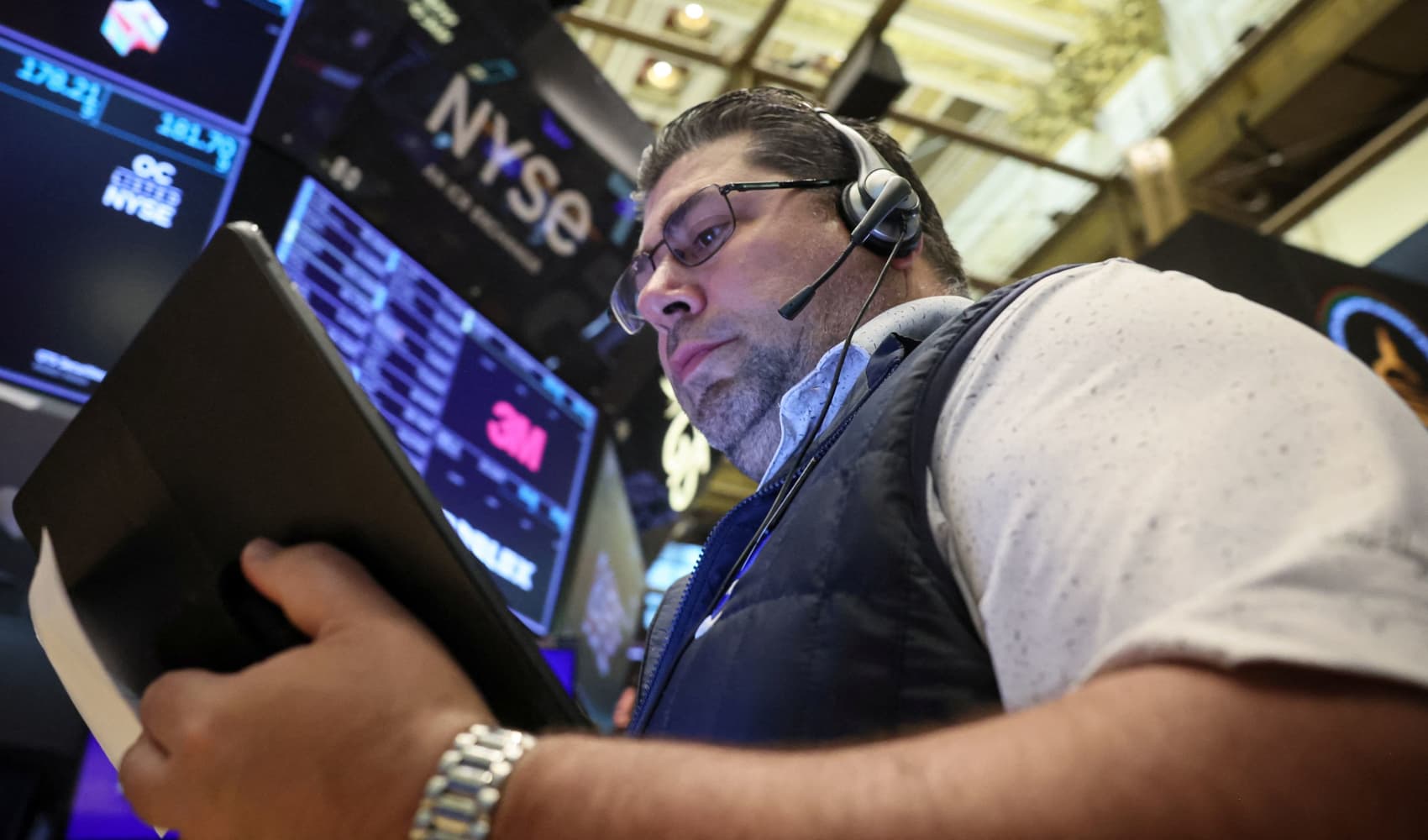
Americans are losing faith in the value of a college degree.
A decade ago, people's perception of higher education in the U.S. was generally positive.
STAY IN THE KNOW
Watch NBC10 Boston news for free, 24/7, wherever you are. |
|
Get Boston local news, weather forecasts, lifestyle and entertainment stories to your inbox. Sign up for NBC Boston’s newsletters. |
In 2011, 86% of college graduates said their degree had been a good investment; in 2013, 70% of U.S. adults said a college education was "very important," according to Pew Research Center and Gallup surveys.
Today, 29% of Americans say that college isn't worth the cost — and roughly half (49%) say having a four-year college degree is less important for landing a high-paying job today than it was 20 years ago, according to a new survey from the Pew Research Center.
Higher sticker prices, lower return on investment
The escalating cost of college and ballooning student debt have influenced the shift in attitudes about higher education, the report, which surveyed more than 5,000 U.S. adults, found.
Over the past 20 years, college tuition has outpaced inflation, leaving students with substantial debt. The average cost of tuition and fees at private colleges has soared by 144%, while public in-state tuition and fees have increased by 171% for out-of-state students and 211% for in-state students, according to the U.S. News & World Report.
Outstanding education debt in the U.S. totals about $1.6 trillion, and burdens Americans more than credit card or auto debt.
Money Report
This surge in costs has led more people to question whether the return on investment is worth the financial strain. Only 22% of U.S. adults say the cost of getting a four-year degree today is worth it even if someone has to take out loans, Pew found.
College graduates on average earn more than those without a four-year degree — but this so-called college wage premium is shrinking.
A recent report from the San Francisco Federal Reserve found that the college wage gap peaked in the mid-2010s but declined by four percentage points in 2022. Now, bachelor's degree holders earn about 75% more over their career than those without.
Economists attribute the decline to more rapid wage gains for high school graduates. Between 2020 and 2024, young high school graduates experienced 9.4% real (inflation-adjusted) wage growth whereas college graduates saw a mere 2.2% increase in their earnings, the Economic Policy Institute reports.
To be clear, a wage gap still exists between American workers with degrees and those who forgo college. The inflation-adjusted median annual earnings among young men (ages 25-34) with a four-year degree was $77,000 in 2023, whereas those who only have high school diplomas earned $45,000, Pew found. Young women who graduated college earned $65,000, while their degreeless counterparts earned about $36,000.
After decades of falling wages, young U.S. workers without a bachelor's degree have seen their earnings increase over the past 10 years. In 2014, men in this group were earning $39,300, while women were earning $30,900.
"Job opportunities and wages have improved for less-educated young adults in the U.S.," Richard Fry, a senior researcher at Pew who co-authored the survey, tells CNBC Make It. "This is, in part, because they have had more bargaining power in the tight labor markets of the last 10 years, when employers had trouble hiring for both high-skill and low-skill positions."
Better job opportunities for noncollege graduates
Not having a college degree has been a longstanding barrier for people seeking a high-paying job, but more employers are ditching degree requirements in hiring.
One in three companies say they no longer list educational requirements on their salaried job postings, choosing instead to embrace a skills-based hiring approach, according to Payscale.
The concept is gaining traction in the tech, consulting and finance sectors, with companies such as Google, IBM, Deloitte and Bank of America eschewing four-year degree requirements for some roles.
All of this means workers without degrees have access to higher-paying jobs that they might not have been eligible for 10 or 15 years ago, Fry points out.
It's hard to ignore the significant strides those who forgo college have made toward closing the financial gap between themselves and degree-holders — but such progress could be disrupted by a potential recession.
"Young, less educated workers tend to benefit from a hot labor market with low unemployment rates," says Fry. "But in a recession, they experience higher job losses and steeper earnings declines than college graduates. If, over the 2020s, we're able to avoid a recession, then the good times should continue to roll for workers without a degree."
Want to land your dream job in 2024? Take CNBC's new online course How to Ace Your Job Interview to learn what hiring managers are really looking for, body language techniques, what to say and not to say, and the best way to talk about pay.
Plus, sign up for CNBC Make It's newsletter to get tips and tricks for success at work, with money and in life.






